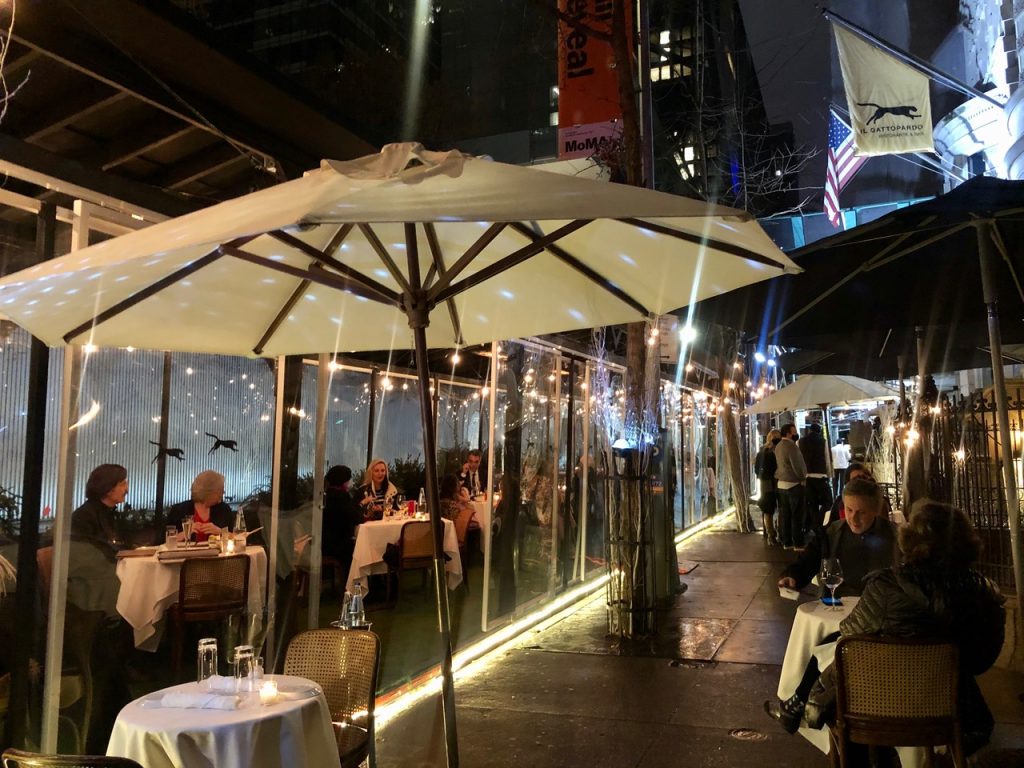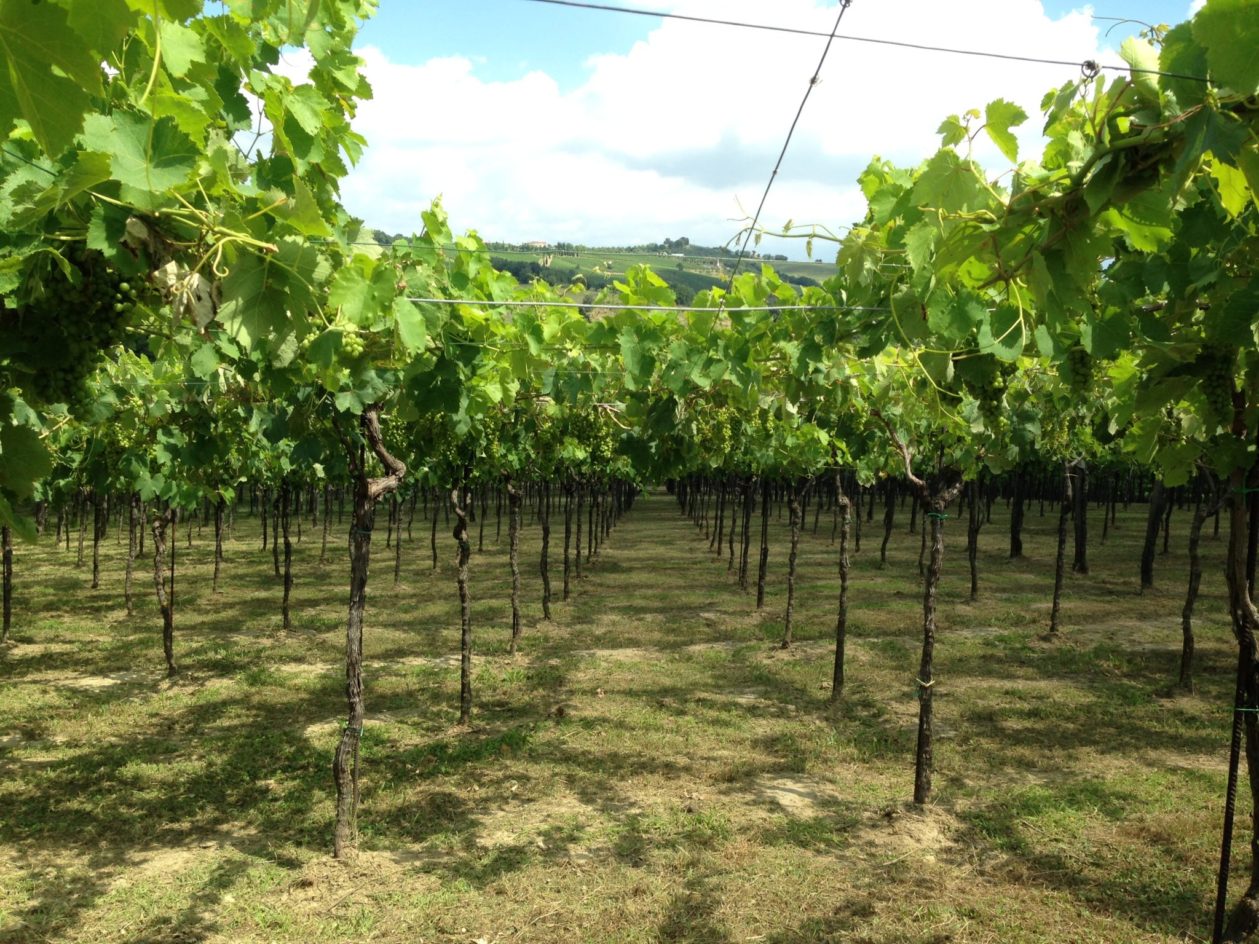“Bottle of red. Bottle of white. Whatever kind of mood you’re in tonight.” Back in 1977, Billy Joel set the tone for the average American’s worldview of Italian wines with the opening lines to his classic hit, “Scenes From An Italian Restaurant.” Even if you’ve never visited the fictitious red sauce joint depicted in the song, you likely know the scene: giant jugs of homogenized Chianti wrapped in wicker and off-dry Pinot Grigio being poured like it was apple juice. For many, this was an introduction into the “exotic” world of Italian wines.
Thankfully, since the time of the Etruscans, Italians have been making and exporting exceptional wines catering to the most discerning palette. In many cases, Italy’s interest in ethical winemaking yields fantastic discoveries that will take you far beyond “bottles of red” and “bottles of white” by revealing a vibrant community of dedicated winemakers.

With over 350 different varietals of grapes, Italy boasts some of the most diverse viticulture in the world. Even Italian wine experts are hard-pressed to say they know everything about Italian wines. With this diverse ecosystem come diverse producers.
Take Arianna Occhipinti, for example; the 37-year-old winemaker, based in Sicilia, has recently made a name for herself as a pioneer in natural winemaking. At the young age of 25, in a region known more for the mafia than natural wines, she began farming her entire property biodynamically. Today, she is one of the largest producers of biodynamic wines (over 120,000 bottles annually) and is at the forefront of the natural wine movement.
Occhipinti is just one piece of the giant tapestry of vibrant wines coming out of Italy today.
Which brings us to Gianfranco Sorrentino, owner of three award-winning restaurants in Manhattan: Mozzarella & Vino, Il Gattopardo and The Leopard. Sorrentino is also the head of Gruppo Italiano, a trade organization devoted to raising American awareness of Italian artisanal food and wine.

Over a recent outdoor lunch at Il Gattopardo, featuring the regionally authentic food of chef Vito Gnazzo, Sorrentino explained to Worth the past and present of ethical winemaking in Italy. “First, you must understand that all Italian wine was made naturally until the 1970s. Small family growers and vintners could only use natural methods. Later, of course, Italy, like the rest of the world, got caught up in the chemical revolution. The Tuscans put a stop to that a few decades ago and went back to their roots. They started with ‘disipianari’ (rules). Now every region is doing the same. I think it is easier to go back to what your grandfather did than learn from scratch as other countries have to do.”

Young grape growers and vintners all over Italy, from the southern island of Sardinia to Alto Adige in the north, are treating all the things they do with the land in a more holistic way. They simply do not want to put artificial anything on what they are eating and drinking. Most Italians know the provenance of everything they eat and drink.
Sorrentino continued, “Most producers in Italy are small because we do not have the land for mass production. Yes, we have global brands, but they often rely on small farmers, few of whom are willing to poison the land that’s been in their families for generations.”
He went on to explain his introduction to biodynamics: “Twelve years ago, my wife Paula and I were looking for a school for our son. We went to the Steiner School here in N.Y. Researching Steiner, we discovered that he was the father of biodynamics. Thanks to our son, our wine lists now have many biodynamic choices. Some of the best wines in Italy are made this way. The extra effort and care, the love of the earth in biodynamic farming can be tasted in each bottle.”
He concluded, “Italy is often at the forefront of trends and early adoption of everything from industrial design to fashion. Everyone is now considering the impact of personal behavior on not only the environment, but our fellow humans. Who wants their workers exposed to pesticides? Ethical wine is a part of that movement, and Italy’s grape growers and vintners will continue to lead the way. The wine lists in our restaurants represent and acknowledge that goal. They are better wines in every way.”
Here are some of Sorrentino’s favorite ethical wines.
Whites:
Marabino Muscatedda 2019
Biodynamic. This Moscato from the Val di Noto in Sicily takes you to the next level of winemaking. Great aromas on the nose and surprising freshness on the palate. Absolutely stunning.
Pallagrello Nero-Casavecchia-Aglianico “Sabbie di Sopra il Bosco” 2016 Nanni Cope’
Biodynamic. Great brightness with a surprising transparency, complex nose, developing a wide range of spices and red fruits. Fresh and fruity. The silky tannins and alcohol are perfectly integrated for a long finish.
Ronchi di Cialla ‘Cialla Bianco’ 2016
Organic. This barrel-aged white is one of the best in Friuli. Rich and textured with plentiful flavors of butterscotch and spice, superb for drinking now but will only improve with age.
I Cacciagalli “Zagreo” Roccamonfina IGT
Biodynamic. I love this wine for the complex aromas of wild herbs, chamomile, white peach and pear. In the mouth, it is all confirmed with the typical Fiano notes of fruit, nuts and honey.
Reds:
Amarone della Valpolicella 2013 Massimago
Organic. I love it because Camilla Rossi Chauvenet started a real revolution. Her Amarone is as powerful as it should be, but never oxidative, never tired. It is as elegant and vibrant as the chalky marl soils it comes from and very alive, multi-layered.
Fontodi Chianti Classico
Organic. A great expression of Sangiovese in a very high-quality Chianti made with grapes from a selection of 25-year and older vines.
Fattoria Nicolucci “Vigna del Generale” Predappio di Predappio, Romagna Sangiovese DOC Superiore Riserva
Organic. I love it for its incredible nose. It is very delicate, with an evident spicy note of deep and pleasant graphite, coffee and chocolate. On the palate, the wine is powerful, elegant, balanced and well backed by the right tannins.
Podere Sapaio ‘Volpolo’ 2017
Organic. One of my favorite ‘Super Tuscans’ delivers the fruit and structure without being overly heady. Clean minerality and a slightly earthy edge are welcome reminders that this wine is Tuscany at its core.







